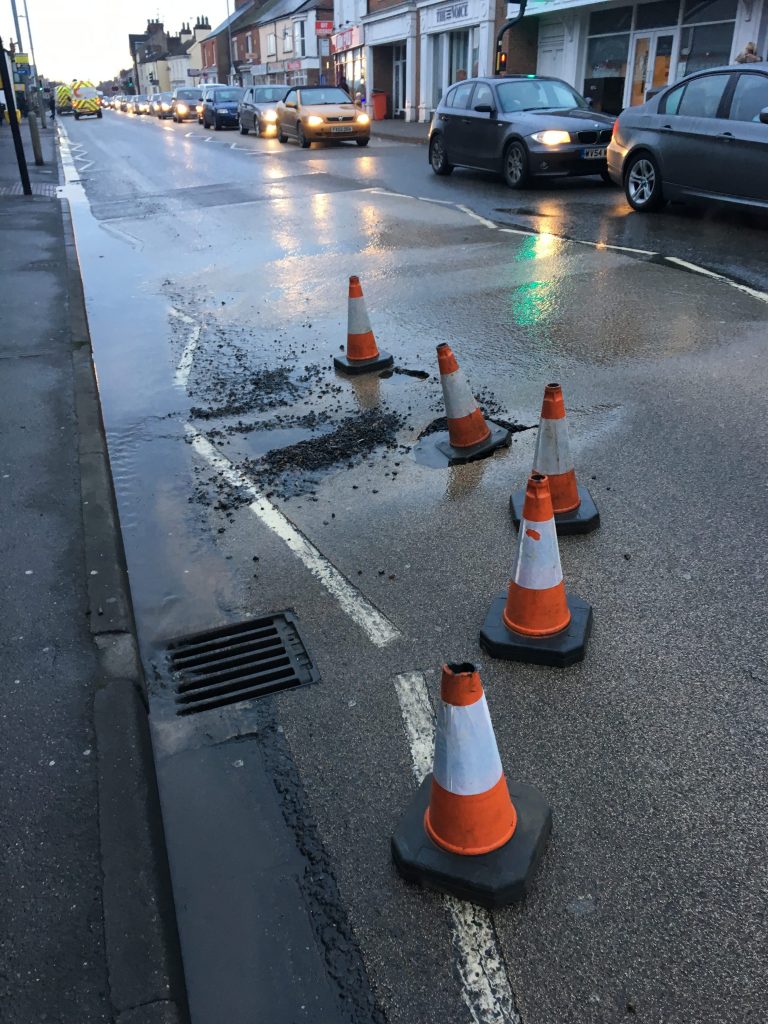Anglian Water has paid Lincolnshire County Council more than £64,000 in fines between April and September and more than £200,000 for ‘missing’ applications says a county council report.
The company has also reduced ‘overstay’ offences by 75 per cent but failed to apply for temporary traffic orders for 23 per cent of road closures.
The report follows one in April which showed a raft of issues when it came to roadworks by the water company.
“They remain the largest works promoter in Lincolnshire, undertaking 31 per cent of the 70,000 permits submitted to the county council each year,” it says.
The water company has reduced the duration or works with road closures and traffic lights. Some 67 per cent of road closures by the company are completed within three working days, an improvement of ten per cent.
“The April report outlined that Anglian Water had failed to apply for a Temporary Traffic Regulation Order (TRRO) for 23 per cent of road closures. Whilst permits were in place for these works, a TRRO is required to legalise a road closure. LCC recovered costs of circa £220,000 from the missing applications,” the report adds.
And since April this year, Anglian Water has failed to apply for 163 road closure TTROs which is, says the report, an improvement.
The April report also outlined 250 outstanding defects which were older than six months – the completion timeframe.
Through the newly agreed action plan, the number has been reduced by 60 per cent.
“In total, Anglian Water have 380 reinstatement defects outstanding.”
But the company was the first utility company to commit to the Lincolnshire Street Works Charter, launched on September 1 this year.
Anglian Water has also delivered traffic management awareness training and, under the new charter, road closure signs will be removed when not needed for site operation.
The county council will continue to gather data and re-charge costs where necessary.
“Anglian Water are targeted to achieve 90 per cent passes across sample inspections, which are randomly generated,” said the report.
“The Street Works Charter objectives seek to address road closures being left up for a long period of time, where work takes place outside of the carriageway and nobody is seen working. This causes unnecessary disruption and gives a poor public perception of road works and typically happens in rural areas.”
The council has increased its site monitoring to an average of 18 per working day.






